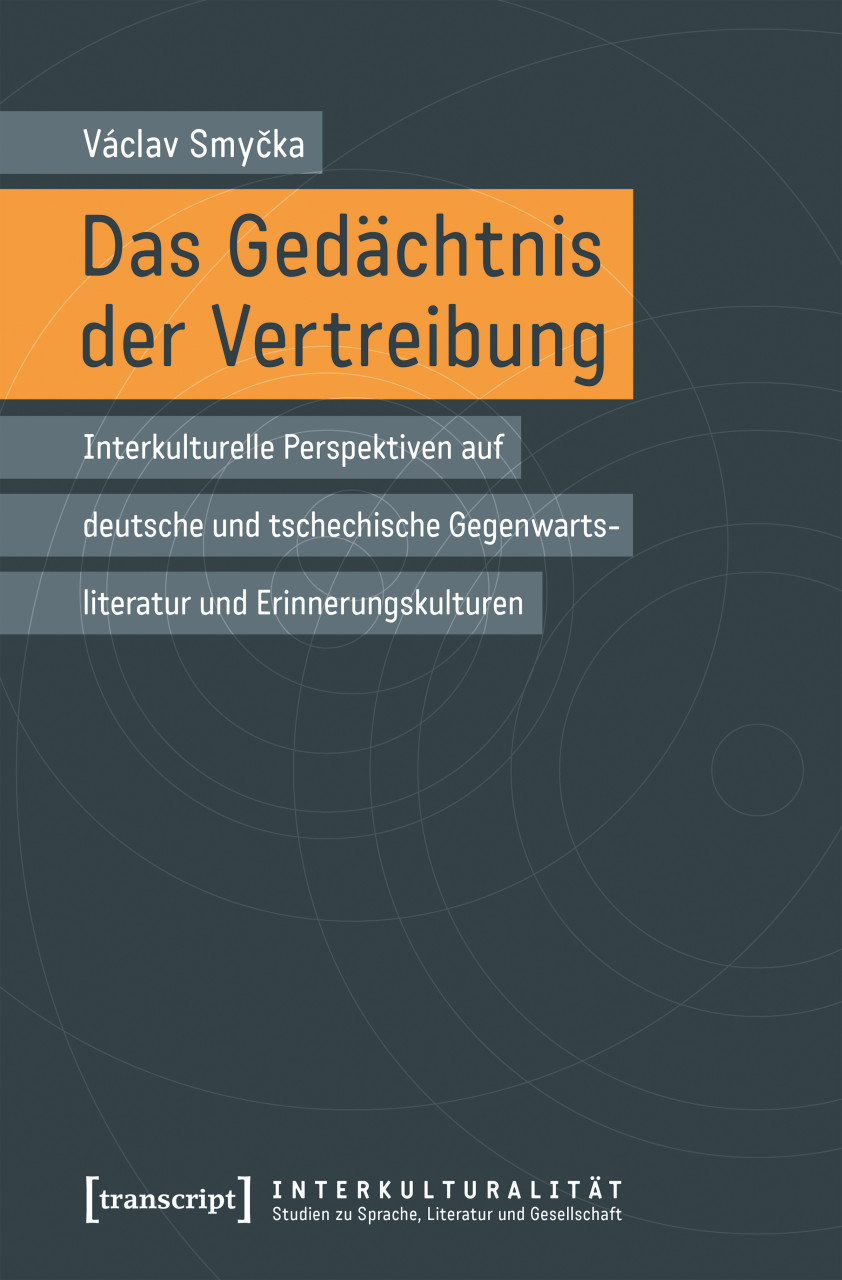Das Gedächtnis der Vertreibung
The study analyzes how the expulsion of Germans from Czechoslovakia is treated, interpreted and staged. It concentrates on two questions: what strategies do the authors use to recover the memory of the events and how do the different communities translate and share their memories? In the first part I sketch the development of the political contexts and discourses of expulsion in German and Czech memory culture on the basis of the model of ‚floating gap’ by Jan Assman. In the second part, I present seven ‚strategies of commemoration’ (Documenting, Interpreting, Investigating, Exhibiting of fragmentarized Memories, Swearing/staging of Trauma, Drawing of Genealogies, Reading in Landscapes), which the authors use in Literature (and Art) to represent the expulsion. The third part focuses finally on the problem of intercultural translation of memories, its shareability and the inner dialogism. The constant line of the analysis is the irreductibility of connection of memory and forgetting, which underline each other from the level of text to the level of memory politic.
| Authors | Václav Smyčka |
|---|---|
| Title | Das Gedächtnis der Vertreibung |
| Subtitle | Interkulturelle Perspektiven auf deutsche und tschechische Gegenwartsliteratur und Erinnerungskulturen |
| Publisher | Transcript Verlag (Bielefeld) |
| Year of publication | 2019 |
| Page count | 258 |
| ISBN | 978-3-8376-4386-2 |


